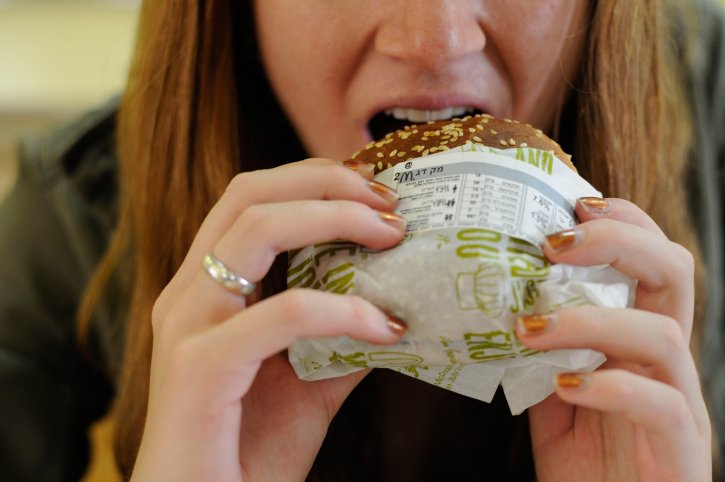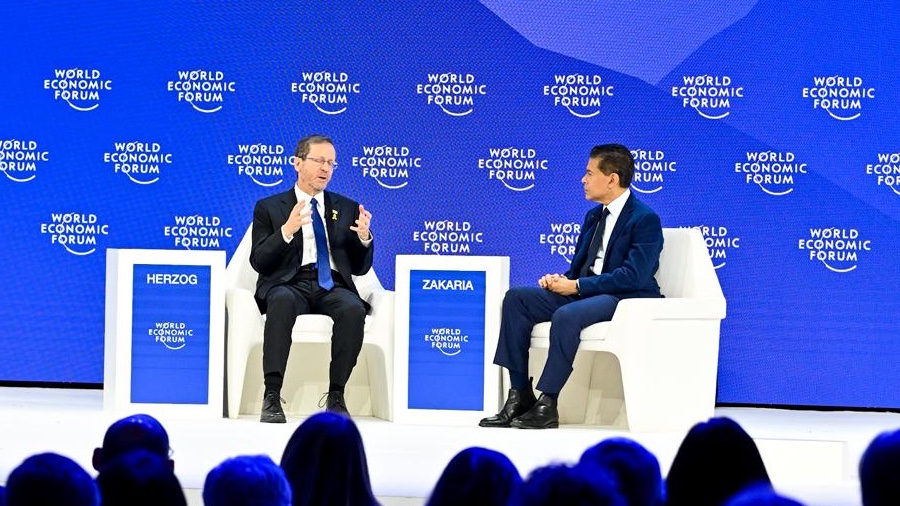Israeli cleantech startup UBQ from Kibbutz Tze’elim will provide plastic-based products manufactured from domestic waste of Israeli residents to McDonald restaurants in South and Central America. This is part of a deal the kibbutz signed with Arcos Dorados, the world’s largest franchiser of McDonald’s with 2,200 restaurants.
The project uses an innovative and efficient process that does not have to sort the waste and shortens the production procedure. During the process, waste is reduced to the most basic natural components at a near-molecular level, and these particles connect together forming a new raw material. This incredible breakdown procedure can process almost anything, including leftover organic food, unsorted paper and plastic, dirty diapers, used yogurt cartons and other waste types. The use of raw materials produced by the UBQ technology has a tremendous environmental impact by reducing land and ocean pollution and the emission of harmful gases.
UBQ was founded in 2012 by Rabbi Yehuda Perl and Tato Bischon, who immigrated to Israel from South America bringing with him a rich business history. The firm provides products for DIY companies, as well as leading automotive manufacturers and brands that combine raw materials in their products.
Arcos Dorados employs 94 thousand people in their McDonald’s franchises in many countries in South and Central America, including Brazil, Argentina, Mexico, Uruguay and the Caribbean islands.
The new agreement was signed as part of the company’s commitment to maintaining the environment and reducing greenhouse gas emissions. The first products will reach the McDonald’s restaurants in South America already in the first quarter of 2020.
According to Bischon, the agreement between the companies is a first of its kind and is expected to bring a revolution to the fast-food networks that currently produce huge amounts of plastic waste. “We anticipate the expansion of cooperation for many other franchises and networks throughout the world,” he said.














